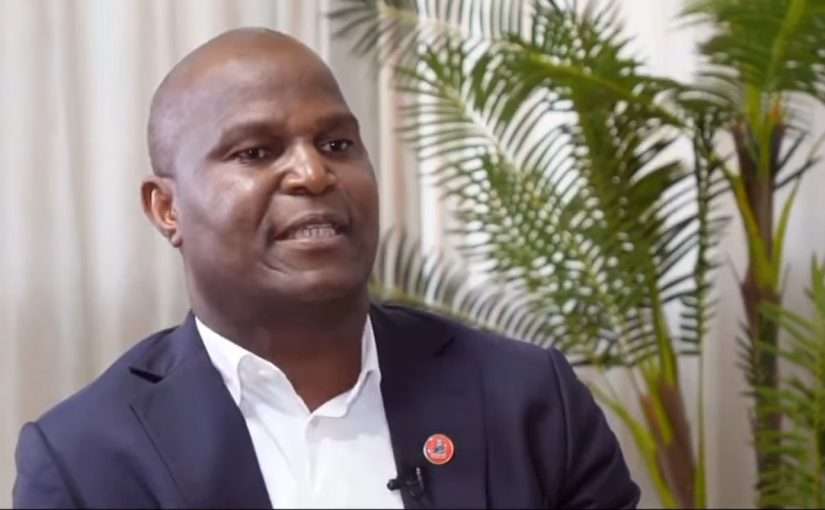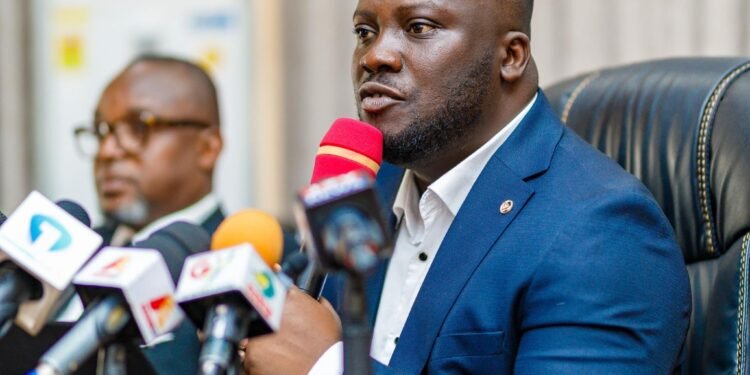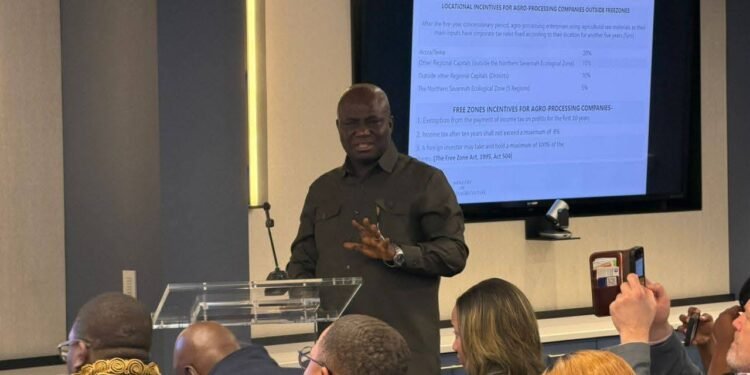Mozambique is gearing up for a pivotal election on Wednesday, October 9, as the nation votes for a new president. This election could extend the ruling party’s grip on power, which has lasted nearly five decades since Mozambique gained independence from Portugal in 1975.
Daniel Chapo, the 47-year-old candidate for the ruling Front for the Liberation of Mozambique (Frelimo), is vying to replace outgoing President Filipe Nyusi, who has reached his two-term limit. Chapo considered the favorite, faces opposition from several candidates, including Venancio Mondlane, a 50-year-old independent, who is seen as the strongest challenger.
Mozambicans will also elect their parliamentary representatives and provincial governors in this election. Mozambique, home to 33 million people, has a turbulent history, marked by a 15-year civil war that ended in 1992 and a more recent violent jihadist insurgency in the northern Cabo Delgado province.
Insurgency And Poverty Top Campaign Issues
Both Chapo and Mondlane have pledged to end the insurgency in Cabo Delgado, where over 1.3 million people have been forced from their homes, with more than half still displaced. In addition to security concerns, poverty, youth unemployment, and government corruption rank high among voters’ concerns.
At a polling station in the capital, Maputo, 35-year-old Felicidade Simao spoke about her daily struggles.
“I am still selling biscuits at a vegetable market here in Maputo to take care of my two children. My husband is unemployed and we are struggling. I want the best for my children and the winner of this election must make the dream of a better life in the future.”
Felicidade Simao
Voting in this one-day election is expected to conclude without major disruptions, and counting will begin immediately after polls close. Preliminary results from some regions are anticipated on Thursday, with final results required to be submitted to the Constitutional Council within 15 days of the election for official validation. Around 17 million Mozambicans are registered to vote.
Election Credibility Under Scrutiny
The legitimacy of the election is under scrutiny, with Frelimo facing accusations of ballot stuffing and falsifying results in past elections, including last year’s local elections.
Frelimo has repeatedly denied these claims, but the presence of regional and international observers, including teams from the European Union, signals the importance of ensuring transparency in the process.
Frelimo has maintained its dominance since Mozambique’s independence, effectively establishing a one-party state for many years.
The party fought a lengthy civil war against the Mozambique National Resistance (Renamo) before the two sides signed a peace agreement in 1992. The country’s first multiparty elections were held two years later in 1994.
Renamo, led by Ossufo Momade, is also contesting this year’s election. Momade, who served as a military commander during the civil war, signed another peace deal with President Nyusi in 2019. However, tensions between Frelimo and Renamo remain fragile, especially considering the violent flare-ups in 2013.
Aside from Chapo, Mondlane, and Momade, there is a fourth candidate, Lutero Simango, who represents the Mozambique Democratic Movement. Simango, however, is widely viewed as an outsider in the race.
“I thank the entire Mozambican population for this opportunity we have today,” said Chapo after casting his vote in Inhambane. “We equally salute everyone for this orderly and peaceful environment seen since the beginning of the electoral campaign.”

Newcomer Mondlane Targets Frustrated Youth
Independent candidate Venancio Mondlane, who broke away from Renamo, has focused much of his campaign on engaging with young Mozambicans, many of whom are frustrated by the lack of economic opportunities. Poverty and unemployment remain pressing issues in Mozambique, despite its rich natural resources and scenic beaches along the Indian Ocean.
Mozambique’s economy has been further hampered by environmental disasters, including cyclones that have battered its coastline in recent years. Additionally, a prolonged drought in the southern African region this year has left over a million Mozambicans struggling with hunger.
The country is also recovering from a major corruption scandal that emerged in 2016, when it was revealed that government officials embezzled over $2 billion in secret loans, plunging the economy into a crisis from which it has yet to recover fully.
With the election just days away, all eyes are on Mozambique to see if Frelimo’s near half-century hold on power will continue, or if a political shake-up could be on the horizon.
READ ALSO: Deputy Lands Minister Advocates Community Engagement to Combat Galamsey























